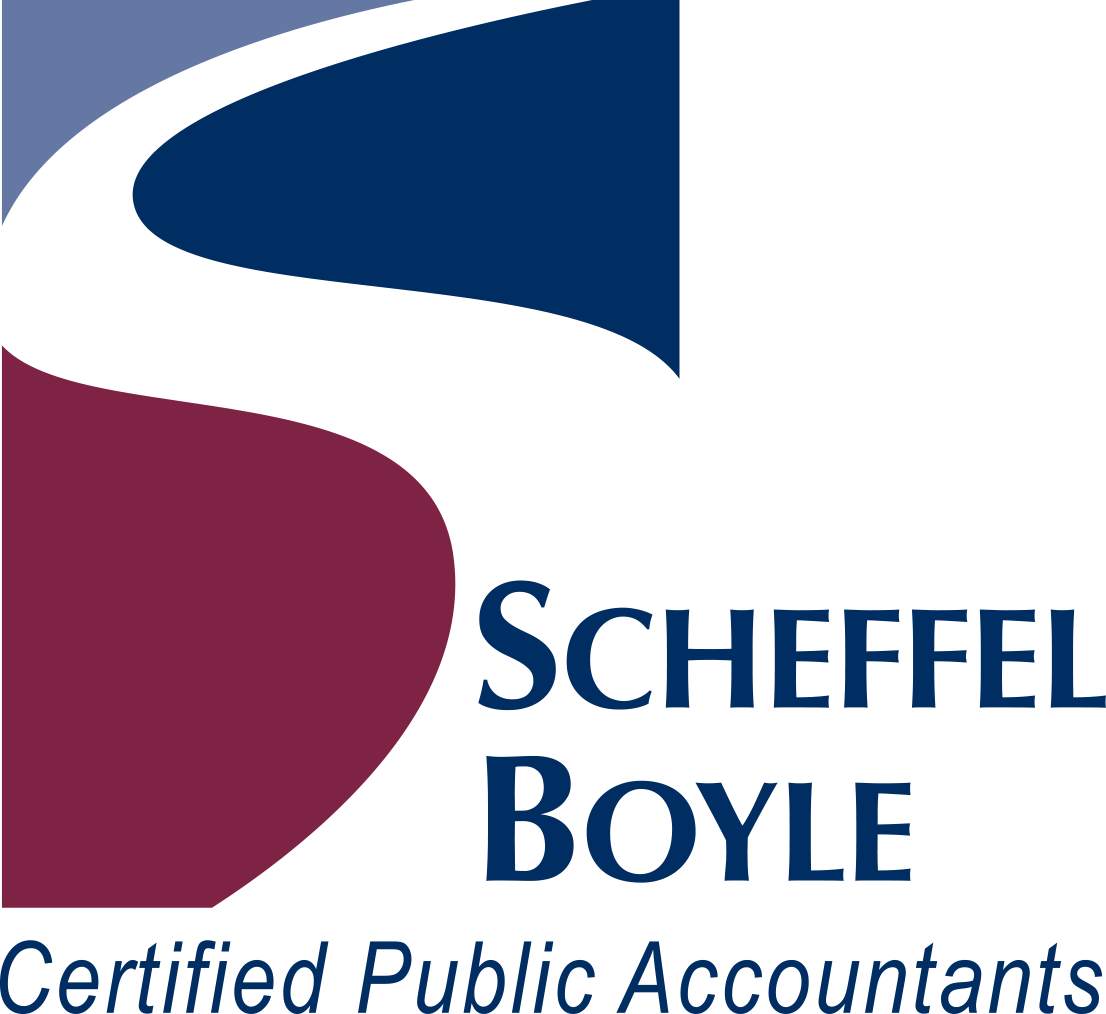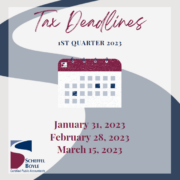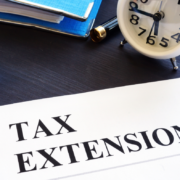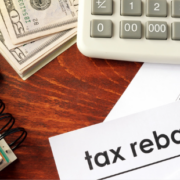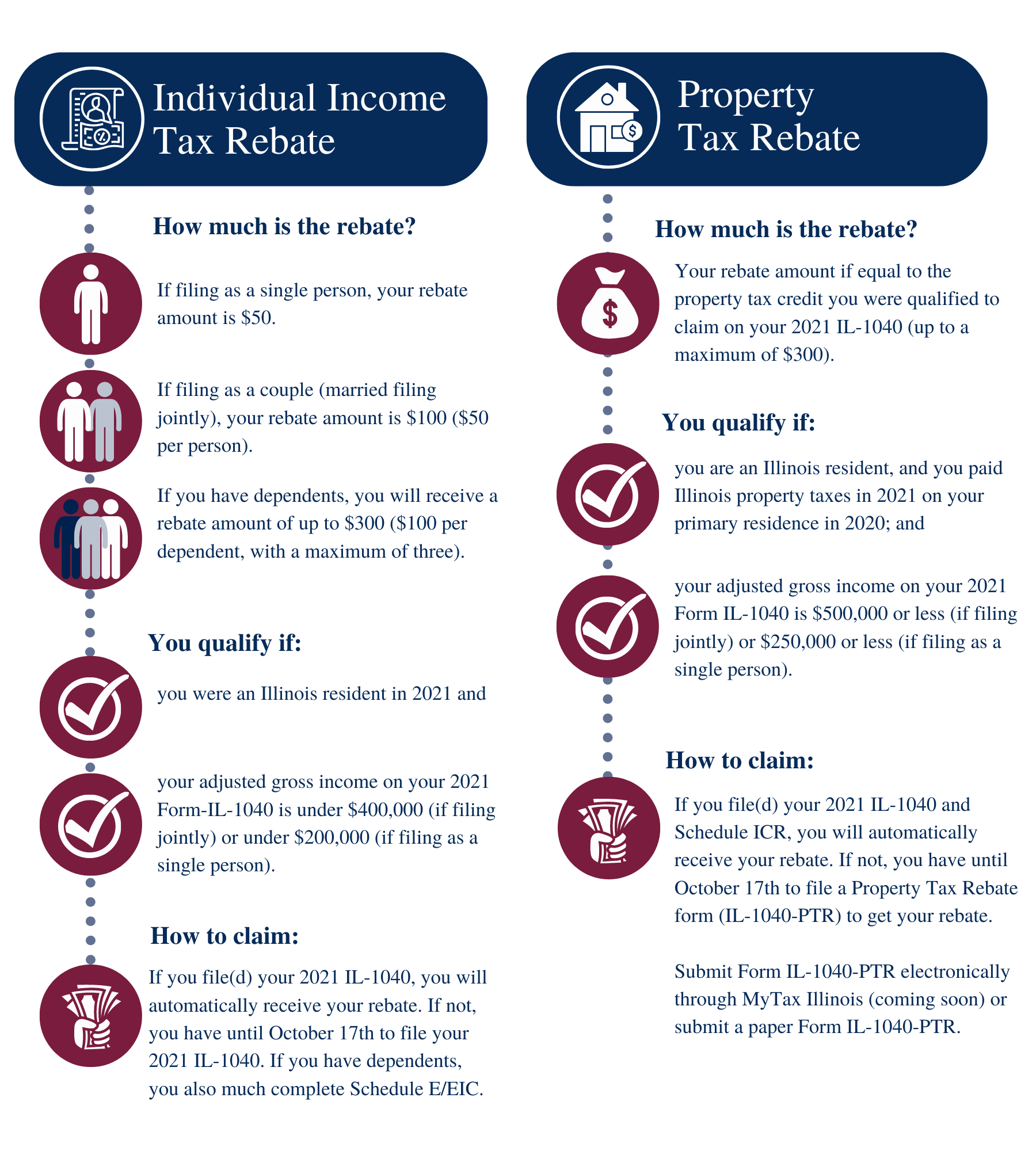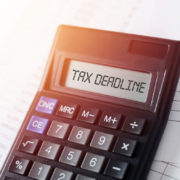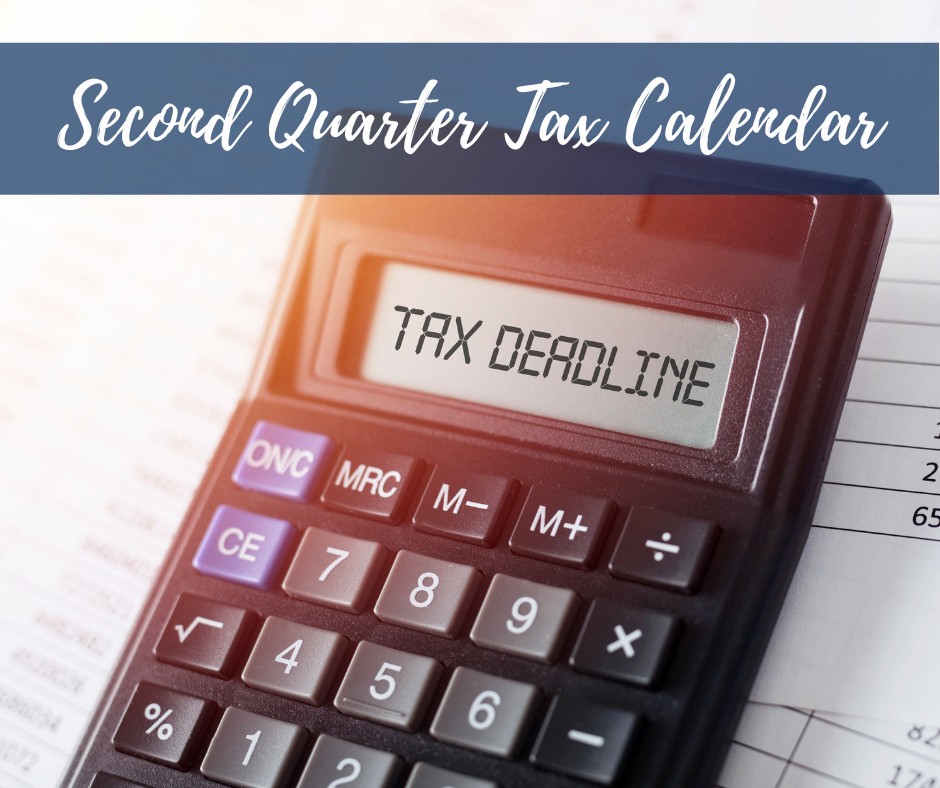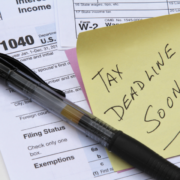Beneficial Ownership Information
Beneficial Ownership Information (BOI) reporting is a new federal law requirement created by the Corporate Transparency Act (CTA) which became law in 2021. BOI reporting was created to provide the government with necessary tools to investigate shell companies used by money launderers and criminals. However, in order to “catch the bad guys” most legitimate businesses are now required to report information electronically to the government regarding their beneficial owners. This reporting will be done through the FINANCIAL CRIMES ENFORCEMENT NETWORK of the U.S. Treasury Department (FinCEN).
For companies created or registered prior to January 1, 2024, reporting is required by January 1, 2025. For companies created or registered on or after January 1, 2024, and before January 1, 2025, reporting is required within 90 calendar days of the earlier of receiving actual or public notice that the company’s creation/registration is effective. Updates to such reporting will also be required, and entities and individuals may be subject to civil or criminal penalties due to lack of compliance with the CTA. On its website, FinCEN (www.fincen.gov/boi) has posted Frequently Asked Questions. One answer (B.7.) to questions about report preparation reads that FinCEN expects that many, if not most, reporting companies will be able to submit their (BOI) to FinCEN on their own using the guidance FinCEN has issued.
Not all companies are required to report under this new law, only those companies that meet the law’s definition of a “reporting company” and do not qualify for an exemption. A Reporting Company is any Corporation, LLC, Partnership, or other entity created by registering with a state’s Secretary of State.
Since the information to be reported under BOI arises from determinations that are primarily legal in nature, we have been advised by the AICPA & Industry leaders that Scheffel Boyle should not be involved in the preparation, compiling or filing of these reports. We suggest you contact your legal counsel for any questions you may have.
We at Scheffel Boyle are notifying you of these requirements to ensure that you, our clients, are aware of the BOI reporting requirements and that you can make an informed decision as to whether these new laws are applicable to you.
